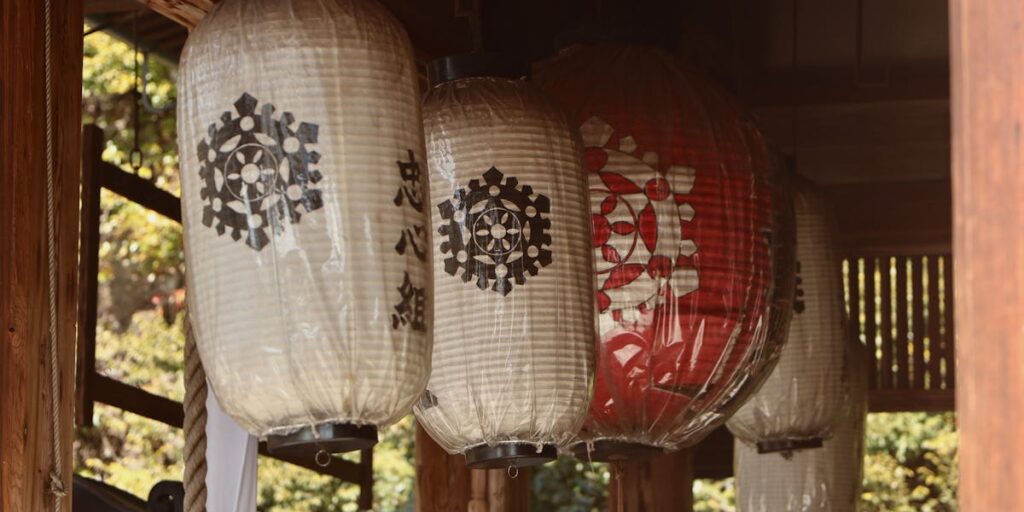The Virtues and Significance of Dhul-Hijjah in Light of the Quran and Authentic Hadith
Dhul-Hijjah, the twelfth and final month of the Islamic lunar calendar, holds a special place in Islam due to its association with major acts of worship such as Hajj (pilgrimage) and Eid al-Adha. This month is rich in spiritual opportunities, especially the first ten days, which are considered among the most sacred days in the Islamic year.
1. Quranic Evidence for the Importance of Dhul-Hijjah
The sanctity of Dhul-Hijjah is alluded to in the Quran, particularly in the beginning of Surah Al-Fajr:
“By the dawn; And [by] the ten nights.”
— Surah Al-Fajr (89:1-2)
Many Islamic scholars, including Ibn Kathir, interpret these “ten nights” as the first ten days of Dhul-Hijjah. Ibn Abbas (RA), one of the greatest scholars among the companions, also affirmed this interpretation, making these days exceptionally significant in worship.
2. Virtues According to Authentic Hadith
The Prophet Muhammad ﷺ emphasized the superiority of the first ten days of Dhul-Hijjah:
“There are no days on which righteous deeds are more beloved to Allah than these ten days.”
— Sahih al-Bukhari, Hadith 969
This Hadith clearly shows that good deeds done during these days—such as prayer, fasting, charity, and dhikr (remembrance of Allah)—carry more weight than at any other time of the year.
Fasting on the Day of Arafah
One of the most blessed days of Dhul-Hijjah is the Day of Arafah (9th Dhul-Hijjah), when pilgrims gather on the plains of Arafat. For those not performing Hajj, fasting on this day is highly recommended:
“Fasting the day of Arafah expiates the sins of the previous year and that of the following year.”
— Sahih Muslim, Hadith 1162
This shows the immense mercy of Allah during these blessed days, offering believers a chance to purify themselves through simple acts of devotion.
3. Eid al-Adha and the Act of Qurbani
The 10th of Dhul-Hijjah marks Eid al-Adha, also known as the Festival of Sacrifice. It commemorates the devotion of Prophet Ibrahim (AS), who was willing to sacrifice his son Ismail (AS) in obedience to Allah’s command.
“So We gave him good tidings of a forbearing boy. And when he reached with him [the age of] exertion, he said, ‘O my son, indeed I have seen in a dream that I [must] sacrifice you.’”
— Surah As-Saffat (37:101-102)
Qurbani (sacrificial slaughtering of animals) is performed in honor of this sacrifice. It is a Sunnah Mu’akkadah (confirmed Sunnah), and for many scholars, a wajib (compulsory) act for those who can afford it.
4. Takbeer and Remembrance of Allah
Another highly emphasized Sunnah during the first ten days and particularly on the days of Eid is frequent Takbeer (saying Allahu Akbar), Tahleel (La ilaha illallah), and Tahmeed (Alhamdulillah):
“Increase in these days with saying Tahleel, Takbeer and Tahmeed.”
— Musnad Ahmad, Hadith 5446 – Hasan
These simple yet powerful phrases connect the heart to Allah and elevate one’s spiritual state during this sacred season.
5. Hajj: The Pinnacle of Worship in Dhul-Hijjah
The performance of Hajj, one of the five pillars of Islam, occurs in Dhul-Hijjah. It is an obligation for every Muslim who is physically and financially capable:
“And [due] to Allah from the people is a pilgrimage to the House – for whoever is able to find thereto a way.”
— Surah Al-Imran (3:97)
Hajj includes multiple rituals performed over several days and culminates in Eid al-Adha. For those who undertake this journey, it is a once-in-a-lifetime purification of the soul.
“Whoever performs Hajj for the sake of Allah and does not engage in obscene or immoral behavior will return as a newborn (free of sin).”
— Sahih al-Bukhari, Hadith 1521
Conclusion
Dhul-Hijjah is a divine opportunity for spiritual growth. Whether one is performing Hajj or not, every Muslim should seize these blessed days with intensified worship, remembrance of Allah, acts of charity, fasting, and reflection.
“So remember Me; I will remember you. And be grateful to Me and do not deny Me.”
— Surah Al-Baqarah (2:152)
Let us prepare to honor this sacred month with sincerity, devotion, and gratitude.

